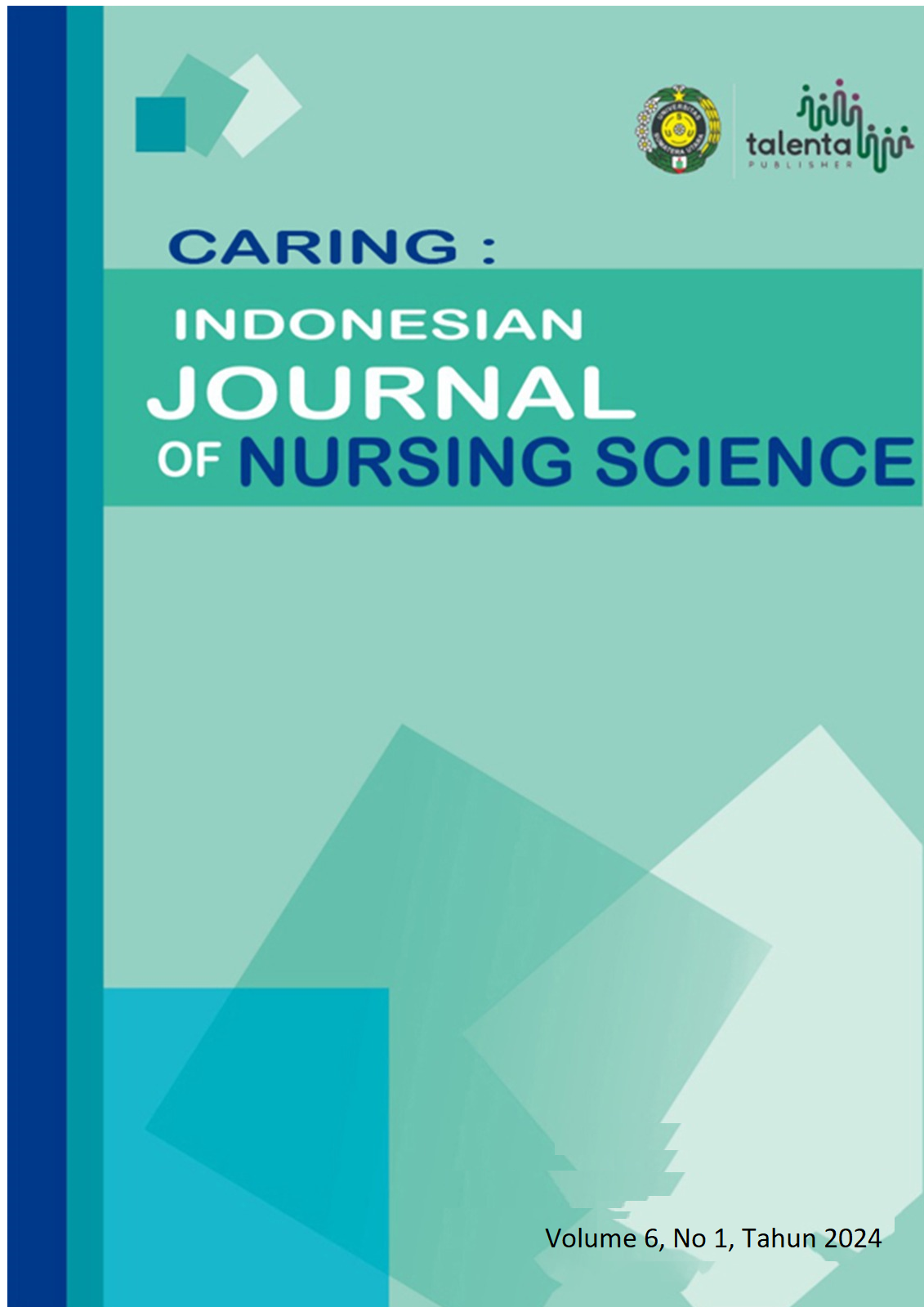Prenatal Attachment Behaviour Counselling in Women With High-Risk Pregnancy After Infertility: Evidence-Based Nursing Practice
DOI:
https://doi.org/10.32734/ijns.v6i1.14746Keywords:
Anxiety, Counselling, High-Risk Pregnancy, Infertility, Prenatal AttachmentAbstract
The prevalence of anxiety in pregnant women increases along with high-risk pregnancy conditions. Severe anxiety hurts the mother, fetus, and spouse, including difficulty in achieving prenatal attachment. This study aims to implement evidence-based nursing to reduce anxiety and enhance prenatal attachment in women with high-risk pregnancies after infertility. To achieve these aims, a pilot study was conducted using the Joanna Briggs Institute (JBI) Evidence-based Audit and Feedback as well as Getting Research into Practice (GRiP) approach, consisting of 7 phases, namely identifying areas, involving agents of change, assessing context and readiness, reviewing practices with audit criteria based on scientific evidence, implementing with the GRiP, reassessing with follow-up audits, and considering project sustainability. The study involved 5 women with high-risk pregnancies after infertility. The clients received attachment behaviour counselling, followed by evaluations related to anxiety and prenatal attachment after 7 days of interventions. The result of the study was that all five (100%) women with high-risk pregnancies after infertility experienced a decrease in anxiety and achieved high scores in prenatal attachment. Attachment behaviour counselling effectively decreases prenatal anxiety and enhances prenatal attachment.
Downloads
Downloads
Published
How to Cite
Issue
Section
License
Copyright (c) 2024 Caring: Indonesian Journal of Nursing Science

This work is licensed under a Creative Commons Attribution-ShareAlike 4.0 International License.








